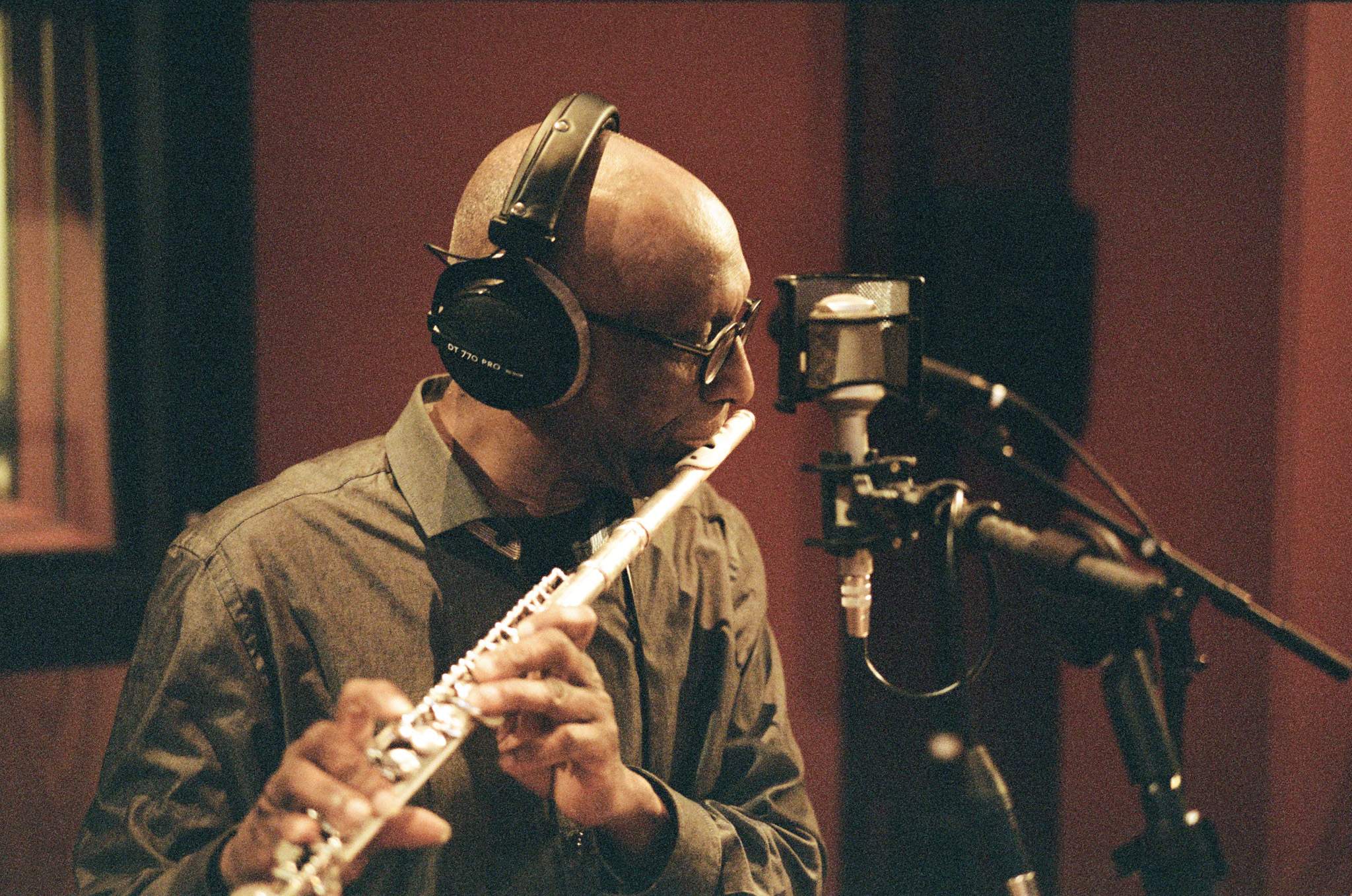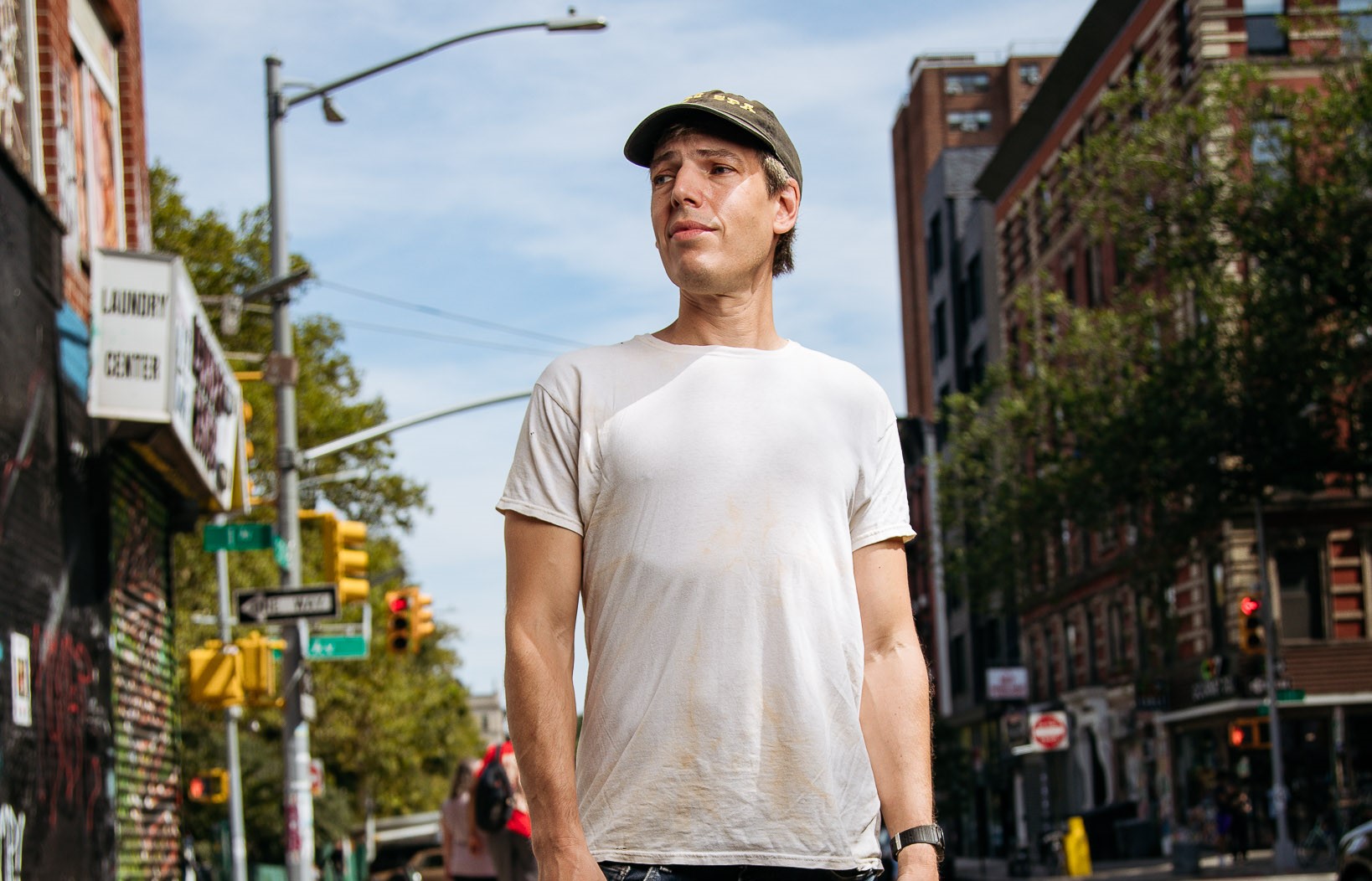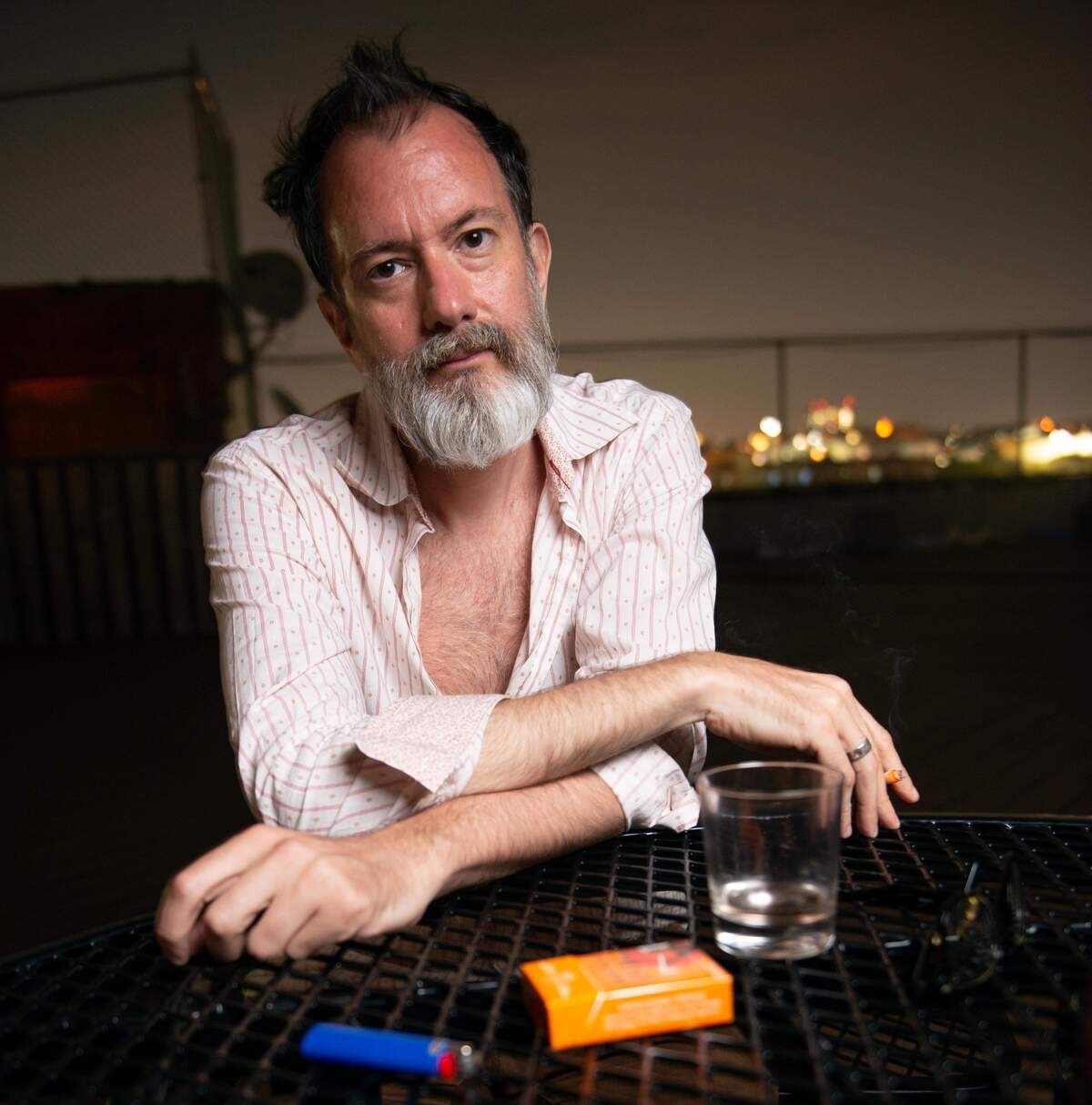Ronald Snijders | Interview | New Album, ‘Penta’
On January 17, Dutch-Surinamese multi-instrumentalist Ronald Snijders reemerges with his latest release, ‘Penta,’ a scintillating homage to the golden age of fusion.
Recorded direct-to-disc at Artone Studio with a stellar ensemble of European virtuosi, ‘Penta’ fuses Latin heat, Brazilian shimmer, and Surinamese rhythmic fire with the electric pulse reminiscent of Weather Report’s daring explorations. Snijders crafts a soundscape that evokes smoky club nights and the kind of midnight improvisations that draw jazz lovers into a deep trance.
In this meticulously crafted work, Snijders’ masterful flute cuts through a layered soundscape, his improvisational genius capturing the spontaneity of intimate club sessions from decades past. The opening track, ‘Kaseko Sisters,’ channels the fiery spirit of Caribbean traditions, melding polyrhythmic grooves with expansive modal interplay. From the driving propulsion of ‘Nevertheless’ and the nuanced pulse of ‘Basic Things’ to the sultry twilight reverie of ‘Nite Time’…
With a career spanning over four decades and a catalog of 5,000 compositions, Snijders reminds us that true jazz remains an ever-evolving conversation between past and future. ‘Penta’ is both shaped by time and sound—a luminous journey paying heartfelt homage to his roots.
In this interview, we explore his foundational influences, early experiences in the recording studio, and artistic vision.
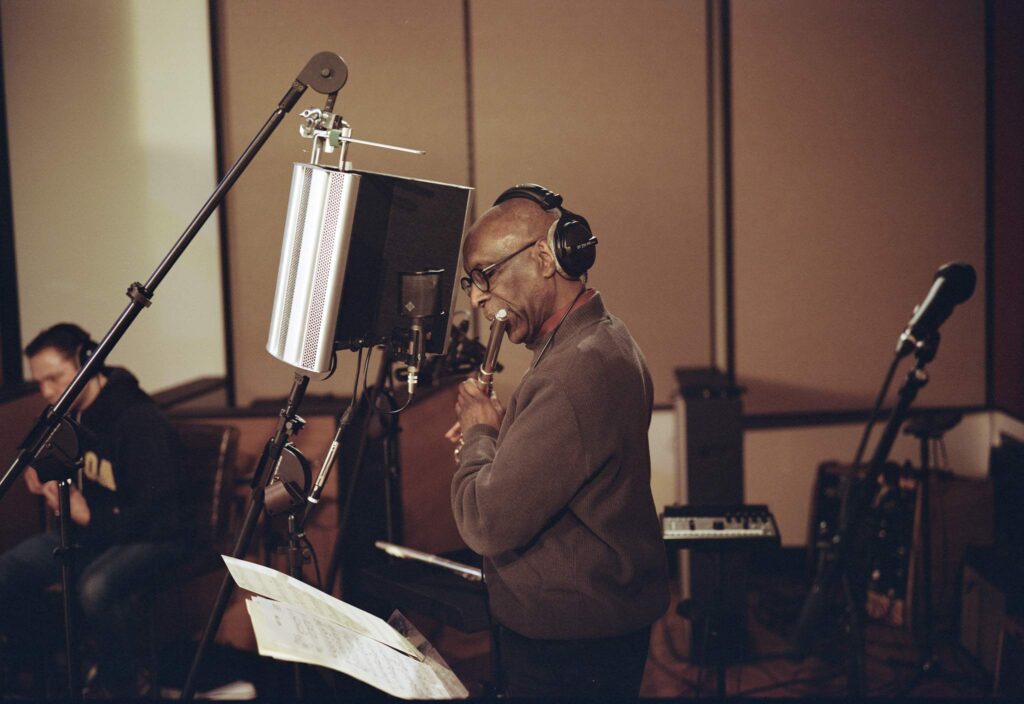
“An important aspect was the ability to improvise within the composition”
Ronald, you were born in Paramaribo, surrounded by a rich musical heritage as the son of composer Eddy Snijders. Can you share some vivid memories from your childhood that shaped your musical identity?
Ronald Snijders: My father, Eddy Snijders (original name Richenel Edgar Snijders, lived in Paramaribo 1923–1990), was a professional musician in the Surinamese army military band. He was the first Surinamese composer to combine Afro-Surinamese music with European, American, Latin, and jazz influences.
He was a joyful man and loved his nine children with my mother, Olga. He often played live music for us on flute or trumpet and had classical European records at home. He also taught us music and took us to concerts. He was a music teacher, and several of us played in his re-founded youth orchestra at the music school in the capital, Paramaribo, where we lived our entire youth. My father loved different music styles, which had a big influence on my musical identity. I started to write music when I was about 10 years old. I played the treble recorder, and at 15, I played flute and guitar.
How did your father’s music influence your decision to pursue a career in music? Were there specific moments or experiences that ignited your passion for the flute?
I loved his fantasy while he was playing; it had a lot of character. He never forced me—I’m self-taught. But he was the one who contacted Surinamese television for me to play classical and later Latin and jazz. He gave me the flute at 16, which I still have and play. I love it. It’s an East German flute, Uebel, with closed keys and no B-foot.
You started learning the flute at such a young age. What were your early practice routines like, and how did you discover other instruments like the guitar and saxophone?
I practiced using books that my father provided. I also learned by listening to recordings, the radio, and bands. I learned to hum along with the flute after hearing my father do that for fun. Sometimes, I wrote my own material, too. Overall, it wasn’t very systematic, but I took it seriously and practiced a lot.
After moving to the Netherlands in 1970, what were your initial impressions of the Dutch music scene compared to what you had experienced in Suriname?
I didn’t want to come to the Netherlands. I wanted to study jazz in the U.S., but I didn’t get a scholarship. Since I’d finished school and was set to study at university, I decided to pursue civil engineering in the Netherlands first, then switch to music. I didn’t want to study classical music in Holland because I was so in love with jazz, Latin, and Brazilian music. I also played alto and tenor sax and led a pop band on guitar. My uncle taught me to play the bongos when I was about ten.
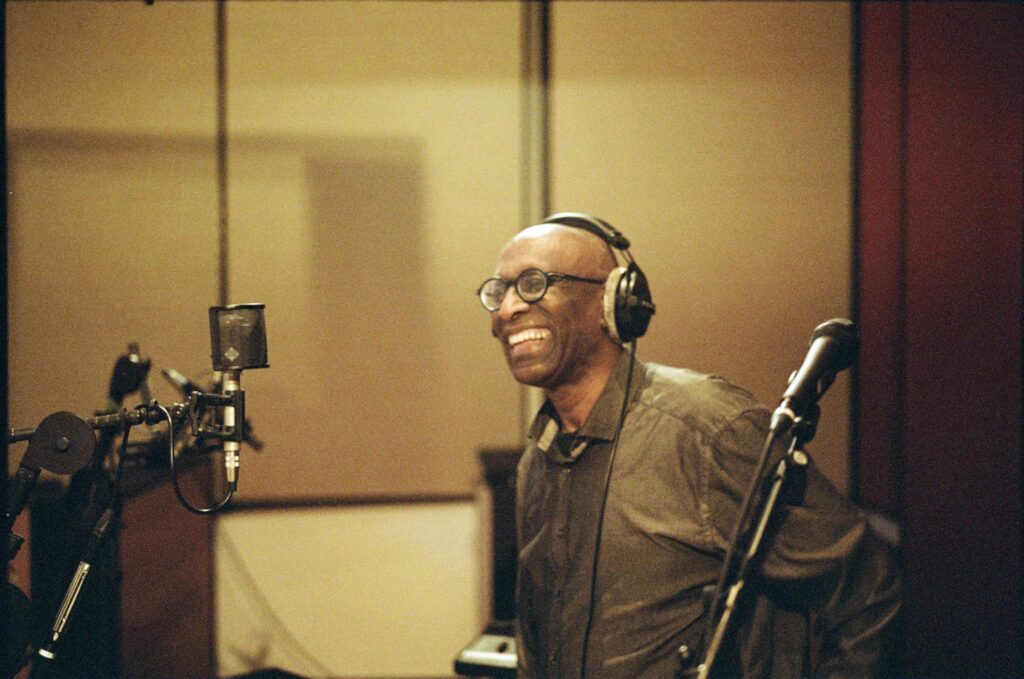
Can you tell us about the musicians you encountered and the local scene you became a part of? Were there any particular artists or collectives that left a lasting impact on your development as a musician?
Suriname is and was a multicultural country: mainly Black music, Hindustani, Javanese, and also American and European music. Paramaribo is not a big city. But there were some musicians I really admired, like those in the military orchestra, and music families like Gaddum, Thompson, and Muringen. But, most of all, I loved my father and his music.
Brazilian music and jazz left a lasting impact on me. Even today, I feel it strongly. And, of course, Black music from Suriname, like kaseko, kawina, and maroon music. Additionally, I enjoyed Hindustani music, especially the rhythms and flute playing.
Your debut album, ‘Natural Sources,’ was released in 1977. What was the creative process like for you while making this album? Were there specific ideas you were exploring?
As the title says, I was trying to present myself in a way I preferred. There were influences from funk, fusion, and the previously mentioned styles. An important aspect was the ability to improvise within the composition. And freedom—the freedom of art.
Was it self-released? Did you get any press or even radio play?
I first tried several record companies, but they didn’t want it. They saw Black musicians from Suriname as cheap and funny music players. They didn’t know what to do with Ronald, who played serious jazz and more—even though I won the press prize at an important jazz festival.
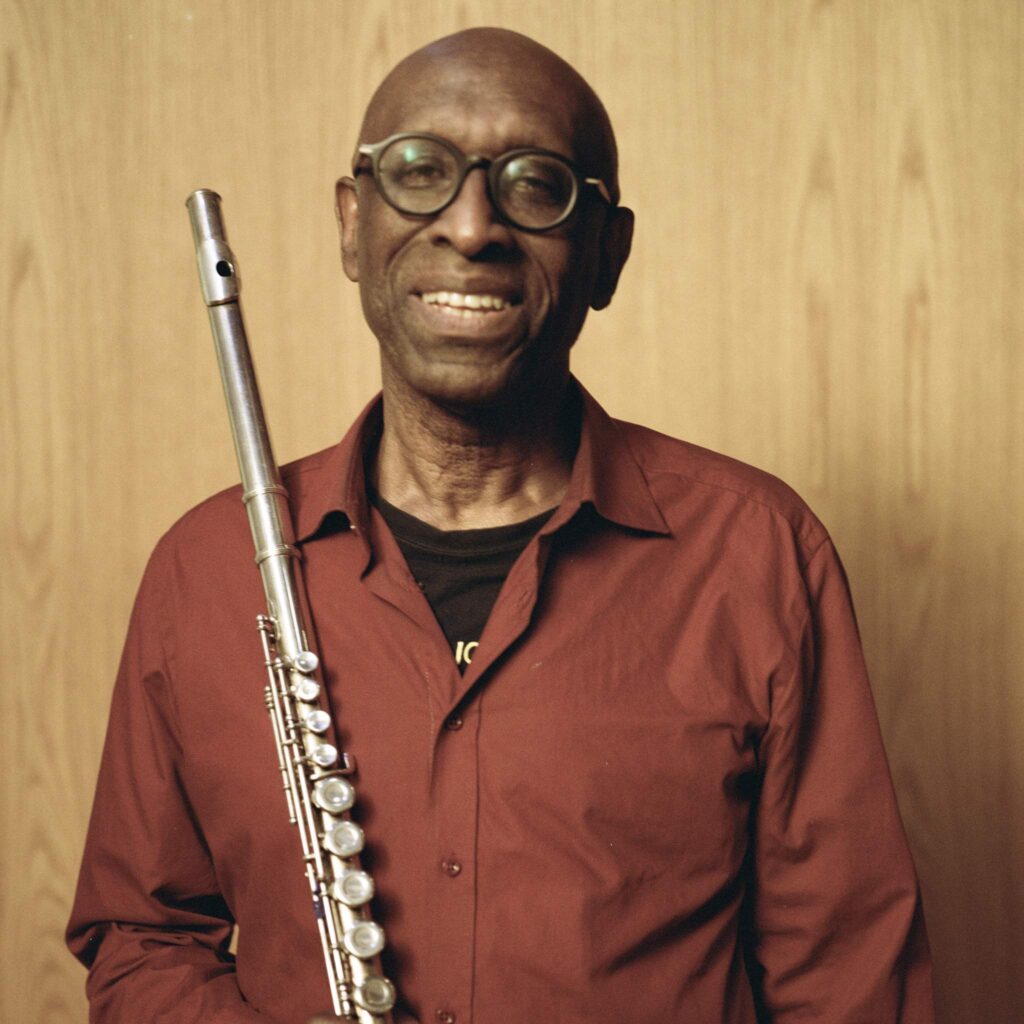
Looking back, what do you remember most about the sessions for ‘Natural Sources’? Were there any challenges or unexpected moments that stand out to you?
I remember home in Delft, where I tried to find my way—my musical identity—along with many things outside. Stevie Wonder inspired me to play everything by myself, a feeling I already had inside. I was convinced my music had power and quality; I never doubted that because I was myself. I didn’t like the attitude of many white people who seemed to think they knew things better. Of course, I often faced racism and discrimination.
Klemen Breznikar
Headline photo: Londonmancer
Ronald Snijders Website / Facebook / Instagram / X / Bandcamp
Night Dreamer Official Website / Facebook / Instagram / X / Bandcamp / YouTube

